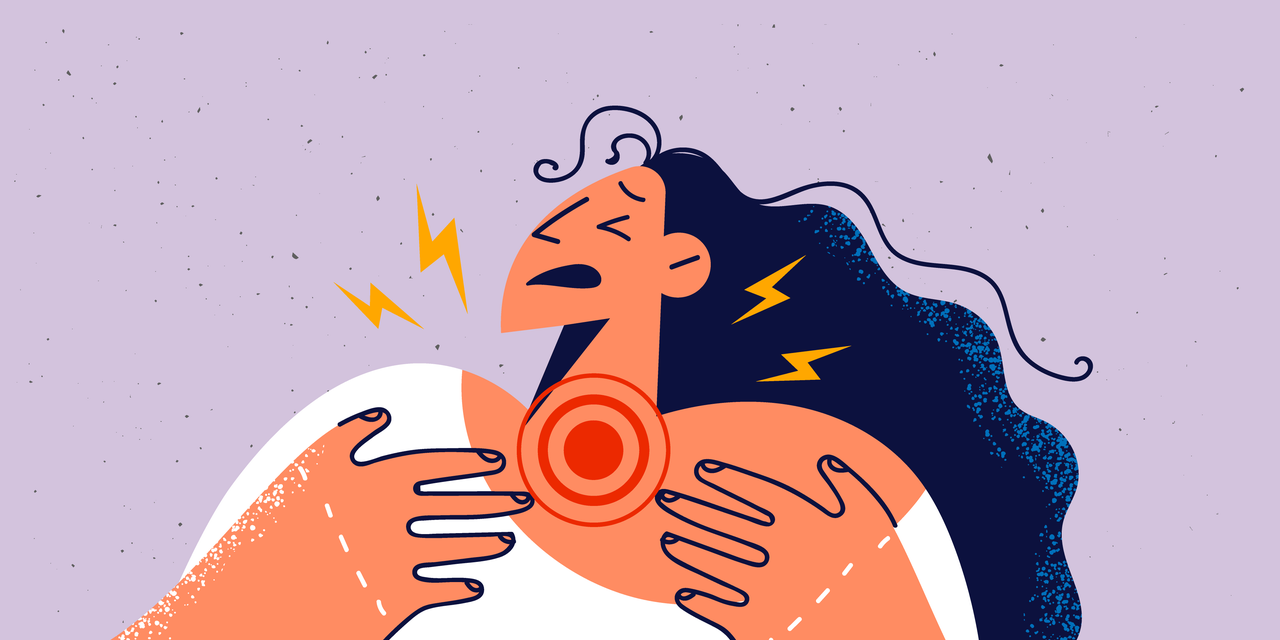A cough is annoying enough during the day, but come bedtime, when cold symptoms tend to get worse, hacking your lungs out can become a real nightmare.
Thanks to gravity, when you lie down to sleep, any phlegm in your nose may start draining (and pooling) into the back of your throat. This is known as post-nasal drip—commonly caused by fall allergies, colds, and sinus infections—and it activates your cough reflex. At the same time, research shows that if you’re fighting off a viral or bacterial infection, your immune system steps it up a notch at night, causing inflammation in your upper airways. The result: You cough. A lot.
Nocturnal cough, as it’s called, can be incredibly bothersome. The very act of clearing your throat, especially if it’s already feeling raw, can be super uncomfortable. It can also ruin your ability to sleep well, which could prolong your recovery, per the Mayo Clinic, and make you feel even crappier.
If you’re desperately searching for ways to stop coughing so you can sleep soundly—at least for a few hours until your next convulsing spell—you’ve come to the right place. SELF asked Kyle Enfield, MD, an internal medicine physician at UVA Health, for a few ways to, um, hack this problem and find relief.
READ RELATED: Chocolate doesn’t cause acne – but carrots do help you see in the dark: the best and worst health myths and wisdom
Skip the OTC cough suppressants.
Yep, Dr. Enfield recommends ditching the over-the-counter cold and sinus relief meds (if your goal is strictly to stop coughing). OTC cough suppressants, which claim to reduce the urge to cough, and decongestants, which constrict blood vessels in the nose to drain and dry out mucus, may not be all that effective, he says.
In fact, studies have found that some OTC cold medicines—such as pseudoephedrine (Sudafed) and dextromethorphan (Delsym or Robitussin)—are no better at relieving cough symptoms than a placebo. “They typically don’t help and all of them have potential side effects,” Dr. Enfield says. For example, they can disrupt your sleep (which isn’t ideal when you want your body to be resting and recovering) and cause nausea, stomach pain, and drowsiness.
Consider using a steroid nasal spray or lozenges instead. Throat lozenges numb your airways, temporarily getting rid of that tickle that causes a persistent cough, says Dr. Enfield. (Avoid sucking on them as you’re falling asleep, though, as you could choke! Try to have one within 45 minutes before bedtime.) Corticosteroid nasal sprays, like Flonase, on the other hand, reduce inflammation in your airways and are pretty good at clearing up congestion. Dr. Enfield says their effectiveness varies from person to person: ”I tell people to try them and if they work, great, and if not, then don’t keep investing in them.”





